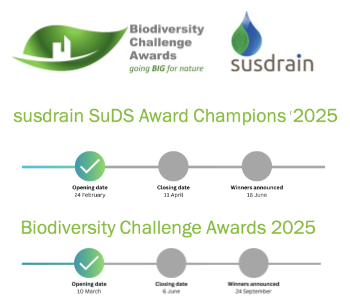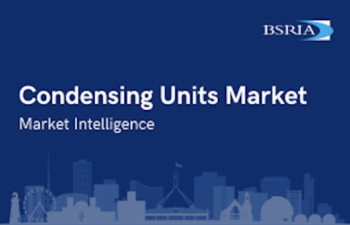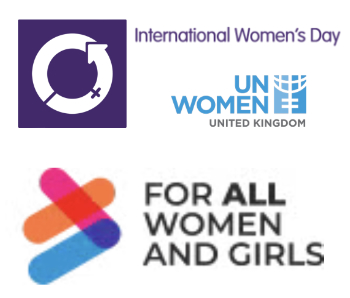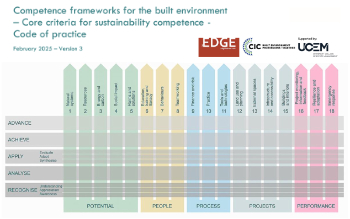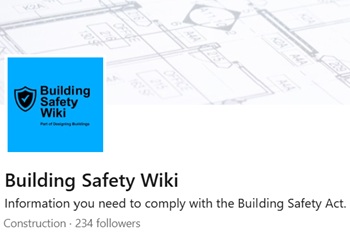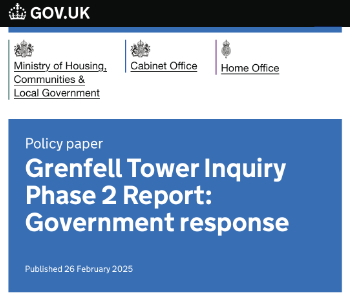Workplaces for everyone, a holistic approach to employee well-being
Contents |
[edit] APM’s holistic approach to employee well-being.
Recognising people’s diverse and distinct needs is at the heart of APM’s variety of programmes that foster employee well-being, and to support this, it has introduced a wide and diverse range of new measures to complement existing ones.
APM staff benefit from flexible and hybrid work setups, development workshops, designated mental health well-being days, mindfulness sessions and a team of Mental Health First Aiders. The organisation also provides employee support through community groups designed to assist primary caregivers and individuals navigating the challenges of menopause.
The success of these endeavours is not only seen in high levels of employee satisfaction but is also recognised externally. APM recently achieved a 2-star rating from Best Companies, a leading employee engagement specialist, signifying its standing as an “outstanding organisation to work for” that genuinely values its workforce. Moreover, Best Companies noted a 7% rise in APM’s employee well-being over the past 12 months.
Rosemary Mathews, Director of People Strategy and Facilities at APM, who has helped spearhead many of APM’s new well-being programmes, emphasised how employee happiness and a healthy work-life balance are paramount to the organisation. Her efforts and those of her team have proved so successful that they have been shortlisted in the ‘Best Association Team’ category at the 2023 Association Excellence Awards.
Rosemary said: “At APM, we implement various small initiatives that collectively make a significant impact. It's not about one big programme, but rather the accumulation of numerous smaller efforts that contribute to a greater whole.”
[edit] Collective Care
APM’s established team of Mental Health First Aiders is one such endeavour. Depression, stress, and anxiety are the primary causes of sickness absence for the UK’s workforce, collectively costing UK businesses around £35 billion per year, according to a report from the Centre for Mental Health. Recognising mental illness and knowing how to respond in a workplace setting poses a challenge, and many people will needlessly leave their jobs as a result of poor mental health.
APM’s Mental Health First Aiders are a dedicated group of staff members trained in mental health support. Timely intervention in mental health issues can profoundly impact well-being and recovery and, although they don’t offer formal counselling services, the group provides confidential care. This ensures that staff members receive appropriate referrals and assistance whenever needed through a private conversation.
While access to confidential conversations is vital, a culture of open discourse is equally important. APM’s Menopause Champions is one such discussion-driven initiative. Introduced last year, this informal support group, which is led by four “champions”, convenes regularly, providing a platform for staff to share experiences and discuss anything menopause-related. The primary focus is on supporting female colleagues, but the inclusive nature of the group means everyone is welcome.
[edit] Workplace Acrobatics
Building a supportive workplace culture means recognising the impact work environments have on mental health. In this context, flexible, hybrid, and remote working schedules offer a multitude of benefits for APM staff. And such arrangements, according to Rosemary Mathews, are now an essential component of the organisation’s workplace culture.
“APM used to have a strong office-based culture,” she said. “However, we have undergone a complete transformation, mostly because of the pandemic, and the flexibility we now offer is highly appreciated.”
APM’s current policy is that employees attend the office for four days each month, or more if they choose. Individuals have the freedom to customise their work schedules to suit specific circumstances, whether it's dedicating one day per week or coming in for four consecutive days. Additional time and flexibility are given to those who care for someone with an illness or disability at home, so they can manage their caregiving responsibilities effectively.
[edit] All The Small Things
The cumulative impact of small things cannot be underestimated when it comes to workplace well-being. Every year, APM staff have a dedicated well-being day to prioritise activities that enhance their mental health. Additionally, APM allocates a day for employees to engage in volunteer work for a cause of their choice. There is also the opportunity for personal and professional development through a training programme that ensures that all staff can gain a project management qualification.
Regular knowledge-sharing sessions are also led by APM employees, as well as external providers, creating opportunities for staff to learn from one another, acquire new skills, and further advance their careers.
This article appears on the APM news and blog site as "Creating workplaces for everyone: APM’s holistic approach to employee well-being" dated September 1, 2023.
--Association for Project Management
[edit] Related articles on Designing Buildings
- Are we doing the right thing? Shaping well-being into the future of our urban communities.
- Building up wellbeing in construction.
- Defining the office.
- Health and wellbeing impacts of natural and artificial lighting.
- Measuring the wellbeing benefits of interior materials.
- Office environment design ideas.
- Strategic ecology framework SEF.
- TG10 2016 At a glance, wellbeing.
- The Biophilic Office.
- The Flourish Model to enhance wellbeing.
- Wellbeing and buildings.
- Wellbeing considerations for property managers.
- What we know about wellbeing.
- Workplace definition.
- Workplace design.
- Workplaces of the future.
- What is a workplace?
Featured articles and news
Sustainable Urban Drainage and Biodiversity
Awards for champions of these interconnected fields now open.
Microcosm of biodiversity in balconies and containers
Minor design adaptations for considerable biodiversity benefit.
CIOB student competitive construction challenge Ireland
Inspiring a new wave of Irish construction professionals.
Challenges of the net zero transition in Scotland
Skills shortage and ageing workforce hampering Scottish transition to net zero.
Private rental sector, living standards and fuel poverty
Report from the NRH in partnership with Impact on Urban Health.
.Cold chain condensing units market update
Tracking the evolution of commercial refrigeration unit markets.
Attending a conservation training course, personal account
The benefits of further learning for professsionals.
Restoring Alexander Pope's grotto
The only surviving part of his villa in Twickenham.
International Women's Day 8 March, 2025
Accelerating Action for For ALL Women and Girls: Rights. Equality. Empowerment.
Lack of construction careers advice threatens housing targets
CIOB warning on Government plans to accelerate housebuilding and development.
Shelter from the storm in Ukraine
Ukraine’s architects paving the path to recovery.
BSRIA market intelligence division key appointment
Lisa Wiltshire to lead rapidly growing Market Intelligence division.
A blueprint for construction’s sustainability efforts
Practical steps to achieve the United Nations Sustainable Development Goals.
Timber in Construction Roadmap
Ambitious plans from the Government to increase the use of timber in construction.
ECA digital series unveils road to net-zero.
Retrofit and Decarbonisation framework N9 launched
Aligned with LHCPG social value strategy and the Gold Standard.
Competence framework for sustainability
In the built environment launched by CIC and the Edge.
Institute of Roofing members welcomed into CIOB
IoR members transition to CIOB membership based on individual expertise and qualifications.
Join the Building Safety Linkedin group to stay up-to-date and join the debate.
Government responds to the final Grenfell Inquiry report
A with a brief summary with reactions to their response.








